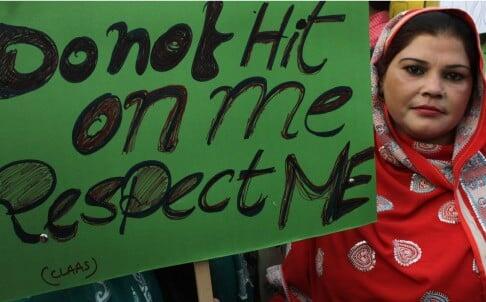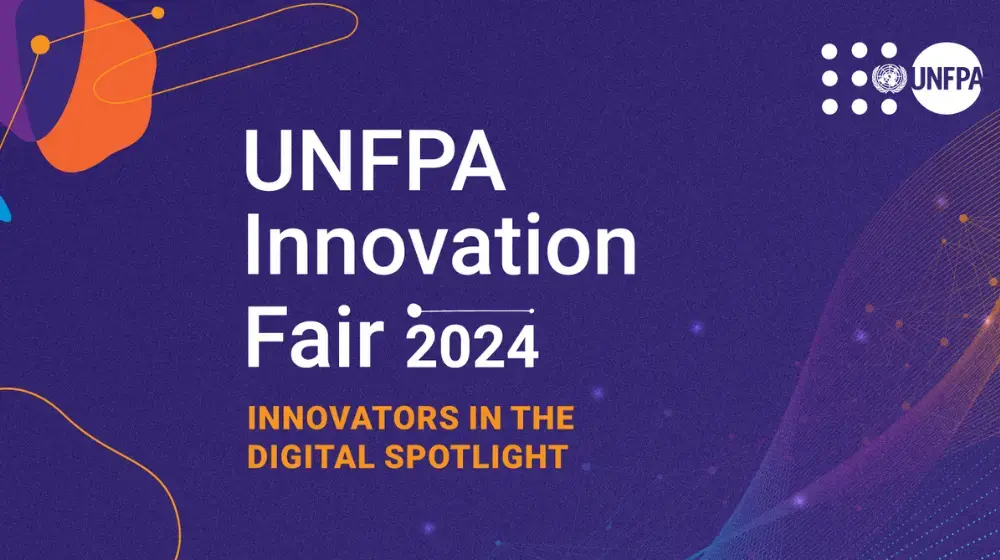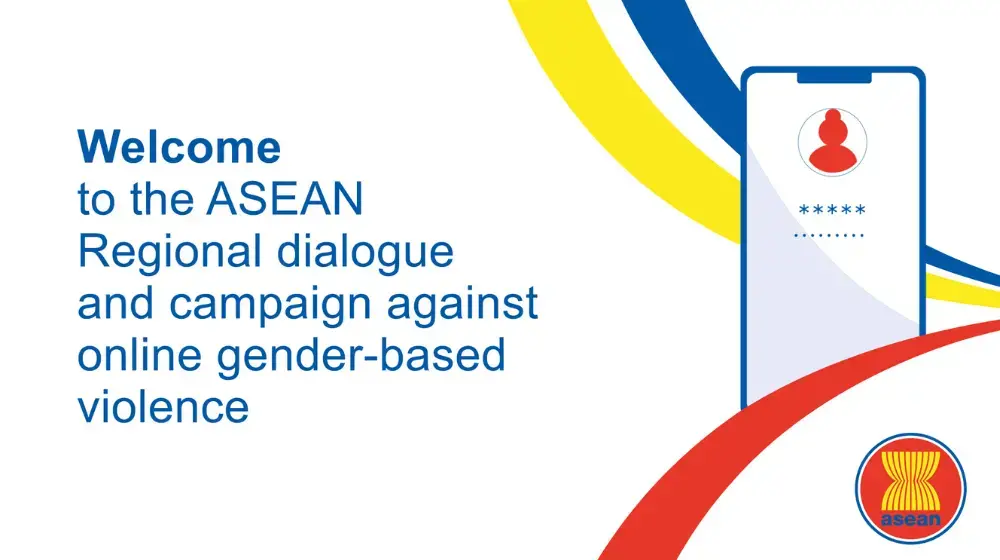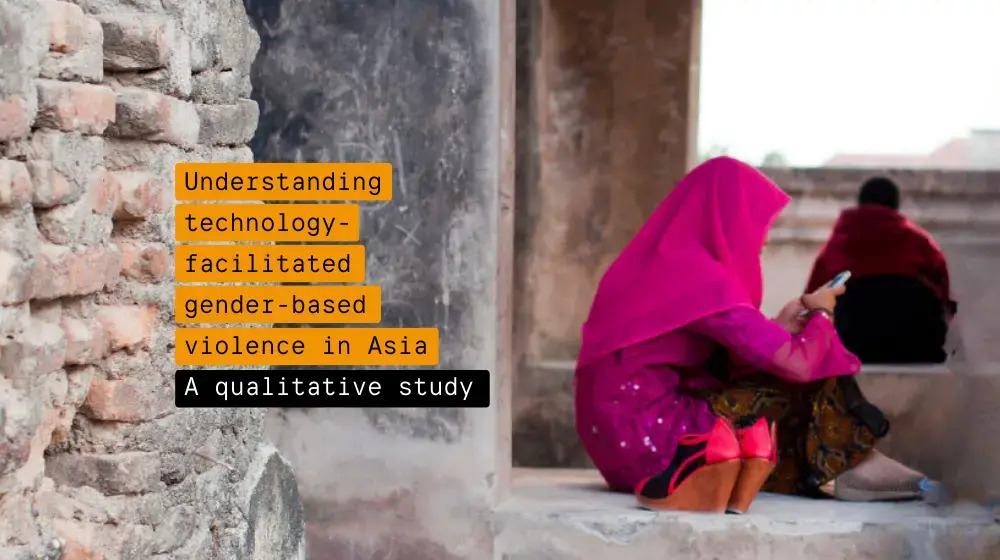The Op-Ed is orignally published in South China Morning Post.
Yoriko Yasukawa and Henrica Jansen say governments need accurate information for the best policies to protect women, and to eventually root out a problem that has plagued societies in the Asia-Pacific region for too long.
“Woman beaten, bitten and killed in Chiang Mai.” This particularly brutal murder made headlines in Thailand earlier this year. The victim became yet another entry in the grim records of violence against women – records that are far from complete, not only in Thailand, but around the world.
A 2013 World Health Organisation study estimated that more than a third of all women globally will experience physical or sexual violence at some point in time. These statistics were collated from prevalence studies on violence against women, most of it caused by intimate partners or ex-partners, those who were meant to be trusted to respect and care for them.
In the Asia-Pacific region, studies on violence against women have taken place in many countries, including Australia, Bangladesh, Cambodia and China.
A survey in one county in China found that half of the men interviewed had used physical or sexual violence against a female partner. In the Vietnam study, three out of 10 women recounted physical or sexual violence by their husbands, while in Fiji twice as many women, two out of three, reported such violence. One in three women in Auckland, New Zealand is estimated to have suffered gender-based violence.

But numbers often don’t tell the whole story. Far too many women remain silent for a number of reasons. Their husbands or partners might beat them up again. Or they are afraid of not being taken seriously, or even of being blamed for having “provoked” the violence in the first place. These fears cause crippling isolation and guilt. The silence, stigma and prejudice involved keep the crisis hidden.
The most horrific instances – like the murder in Chiang Mai – make the news. But there are many more women whose stories will not be counted.
The UN Population Fund’s Asia-Pacific regional office has been working with governments on safe, ethical and robust data collection to support policies and programmes in the region. This includes defining violence against women more clearly to cover a range of situations, from domestic violence to rape and other forms of gender-based violence in humanitarian settings, amid natural disasters and conflicts, which are common but seldom accurately documented.
Methodologies for gathering all such data must be strengthened. The data gathered must inform and strengthen legislation to protect women, making it easier to report abuse without fear of reprisals. And governments must work more closely with civil society to build trust and create an environment to better achieve these desired outcomes.

As we enter the era of the 2030 Sustainable Development Agenda, governments more than ever have an obligation to address gender-based violence seriously. The inclusion of a specific goal on gender equality among the Sustainable Development Goals is a huge step in the right direction. This goal has specific targets to eliminate all forms of violence against women and girls, including harmful practices such as child marriage and female genital mutilation, which are also forms of gender-based violence, but often not recognised as such.
Ultimately, ending violence against women and girls by 2030 should be a priority for all of us. This is not only a women’s issue – it’s an issue of governments and societies that allow for the systematic violation of the rights and dignity of half of humanity.
And as long as the dignity and well-being of half of humanity is at risk, the aspiration of Agenda 2030 of building “peaceful and inclusive societies” where “no one is left behind” will remain out of reach.
So let us all work to eliminate gender-based violence, and in this way work towards the realisation of the simple yet profound truth of the Universal Declaration of Human Rights: “All human beings are born free and equal in dignity and rights. They are endowed with reason and conscience and should act towards one another in a spirit of brotherhood.”
Ending gender-based violence is imperative for our shared humanity – and our shared future.
Yoriko Yasukawa is UN Population Fund regional director for Asia-Pacific and Henrica Jansen is a leading global authority on gender-based violence with the fund’s Asia-Pacific regional office





